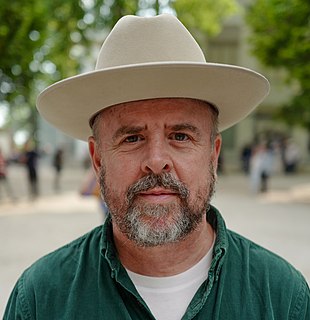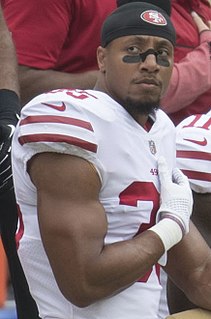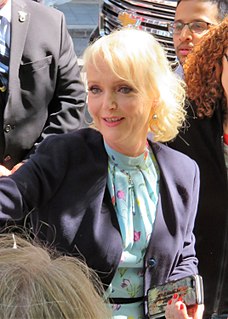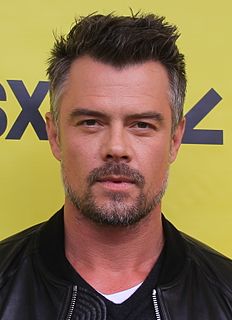A Quote by Noah Levine
The truth is, going against the internal stream of ignorance is way more rebellious than trying to start some sort of cultural revolution.
Related Quotes
Ignorance is in relationship to content; it is not just a spirit of ignorance. In verse 21 it speaks of "the truth in Jesus." Truth is content, truth has something to do with reason. Truth has something to do with the rational creature that God has made us. The dilemma here in the internal world is not just some sort of grey fog, it is in relationship to content.
As the American Muslim community gets a little bit freer in terms of not being under the thumb of that kind of oppressive mentality, there is going to be some internal dissent. When you are consciously oppressed, you tend to sort of band together and unite because there's a necessity to do so. And that as that proceeds, some of those difference get more into the fore and I think that's the reason you are seeing some internal dissension as a byproduct of the fact that there is not this kind of immediate urgency to unify against this kind of onslaught because that onslaught is refuted.
So many people that we met had some sort of connection to the [Olympics] games. Some story about how they volunteered there, or some sort of memory of it. It still is in the cultural memory and identity of these cities as much as it is in the physical and architectural memory. It's where these two things overlap, I think, that we're trying to explore with the photos.
The Sexual Revolution is a complete rebellion against authority, natural and supernatural, even against the body and its needs, its natural functions of child bearing. This is not reverence for life, it is a great denial and more resembles Nihilism than the revolution that they think they are furthering.
I'm trying to make a primitive painting. I'm trying to summon the archaic. I want to enter into a primitive situation. This is my protest against the sensory deprivation that we experience, which is due to this tendency towards globalization, towards homogenization, towards the generic - a technological standard rather than an aesthetic standard. I'm mining history, trying to regenerate a pictorial situation that is more humanistic. It's not about commodification, it's not about fitting into some sort of corporate structure. It's opposed to that direction.
Yes, I am one of those people who feels that most of my work is adaptation of one sort or another. For me, it's a way to jump-start the engine. For example, some people use the technique of basing a character on a friend. They start writing with his or her voice, then at a certain point, the character takes off on his or her own. It probably no longer resembles the model, but it helped the author to get going. I find that's true of form, too. For every play I've written, I know what play I was trying to imitate. That helps me get going.
When I first started [taking acting classes] I sort of stuck my toes in but I was so nervous I didn't know if I could go all the way. I was so scared about it for some reason. The more confident I got with it, the more I just fell in love with it. I love going to work every day and trying to make the most of the stuff I've been given.



































